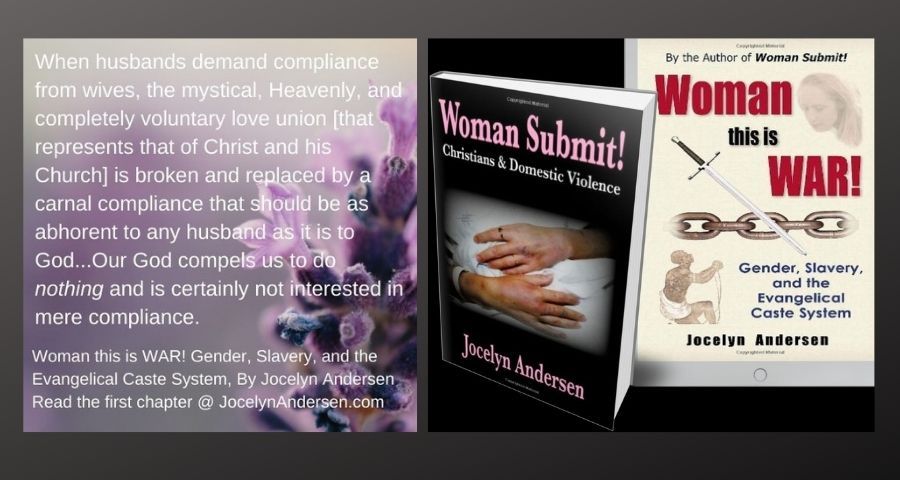[2]
The Septuagint gives the correct reading here, which is, "thy
sighing,"—the whole sentence meaning, then, “A snare hath increased thy
sorrow and thy sighing." Many ancient authorities agree with the
Septuagint. …The difference Is, between HaRBeh, AaRBeh, "multiplying I
will multiply," and HiRBah AoReB, "hath caused-to multiply," (or
"made great"), a lying-in-wait,"--the verb, a usual preceding
Its nominative. The capital letters, alike in both phrases, alone constitute
the original text. This participial form, ARB, occurs fourteen times In Joshua
and Judges. It in translated "ambush," and "liers-in-wait,"
or "in ambush." It to possible that we should read, here, "A
lyer-in-wait (the subtil serpent) hath increased thy sorrow." -Bushnell
Below is an image of the LXX rendering of a portion of
Genesis 3:16. Note the Greek translation of the Hebrew scriptures does not say
the woman’s “conception” will be increased.
Bushnell cont’: “Concerning the word translated as
“conception”: This word is spelled, in Hebrew HRN,—but that is not the correct
Hebrew way to spell "conception." The latter occurs, and correctly
spelled, in Ruth 4:13 and Hosea 9:11, and nowhere else. The real word,
"conception," as it occurs in the above passages, is spelled HRJWN. This
word in Genesis comes two letters short of spelling the word. All Hebrew
scholars know this. For instance, Spurrell says: "It is an abnormal
formation which occurs nowhere else in the Old Testament." Our highest
lexical authorities (Brown, Briggs and Driver) call it a "contraction, or
erroneous." – Bushnell
Here, we have two witnesses to the fact that God did not tell the woman her conception would be multiplied.
These have adversely effected
understanding of the scriptures, relations between women and men, the happiness
of men and women, and, in general, has hindered the work of the gospel, by
forbidding women to preach, pastor, or serve as elders or deacons. The book
chronicles the early history of the women's rights movements, as well as the
role of church leadership in aggressively suppressing both women's rights and
the historical record of Christian initiatives within the movements.
Through the complementarian
movement, many of the same arguments used to support the institution of
slavery, are still used today in suppressing the rights of Christian women.
This book documents identical arguments used by Christian leaders against both
movements and is an unparalleled resource for all who desire an in-depth study
of gender equality from a historical and Christian perspective.
This book traces history of
women’s rights, much further than usual, to the very first feminists…who
were Christians—godly women, who brought the issue of women's rights to the
forefront as they struggled to alleviate the suffering of others, and found
they were hindered in doing so for no other reason than the fact of their sex.
This work, provides valuable historical insight into Christian initiatives in
the movements for women’s rights, that are rarely included in Christian
literature.






No comments:
Post a Comment